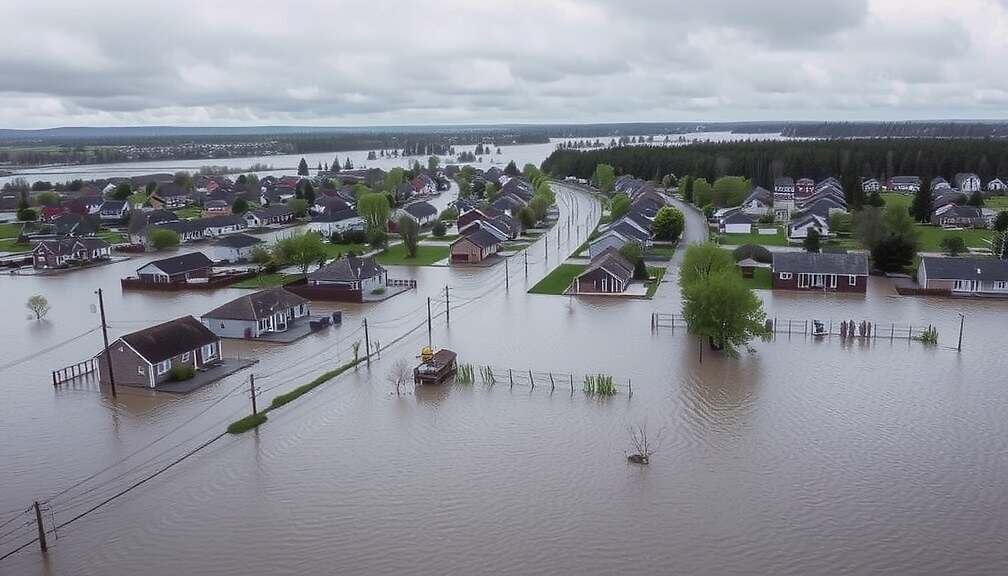The frequency and severity of extreme weather events are prompting a stark warning from Klaus-Peter Röhler, a board member of Allianz, demanding accelerated investment and implementation of preventative flood mitigation strategies. In an interview with Handelsblatt, Röhler expressed deep concern over the slow progress of the National Flood Protection Program, initiated in 2013, characterizing the pace of implementation as “significantly too slow”. He cautioned that at the current rate, meaningful progress would remain elusive for generations.
Röhler’s critique extends beyond governmental action, emphasizing the necessity for increased risk awareness amongst homeowners. He argues that resilience against flooding – including measures like waterproof doors and windows – must become standard considerations, alongside the phasing out of oil heating systems, if affordable insurance coverage is to be maintained. This signals a potential shift in the relationship between homeowners and insurers, placing greater responsibility on individuals to proactively safeguard their properties.
Reflecting the insurance giant’s own response to the escalating climate crisis, Allianz intends to expand its advisory services for clients, focusing on rebuilding structures with enhanced climate resilience following damage. The company also plans to leverage sophisticated risk models in a bid to calculate insurance premiums with greater individual precision. Importantly, Röhler suggested that these individualized assessments, while contributing to a more accurate reflection of risk, wouldn’t necessarily translate into widespread premium hikes for insured parties, potentially cushioning the financial impact on policyholders. This claim, however, remains to be seen as the company navigates the challenges of adapting to increasingly volatile environmental conditions and the associated financial implications. The Allianz executive’s comments highlight a growing tension between the need for decisive climate action, the burden on individuals and the financial stability of the insurance sector.












